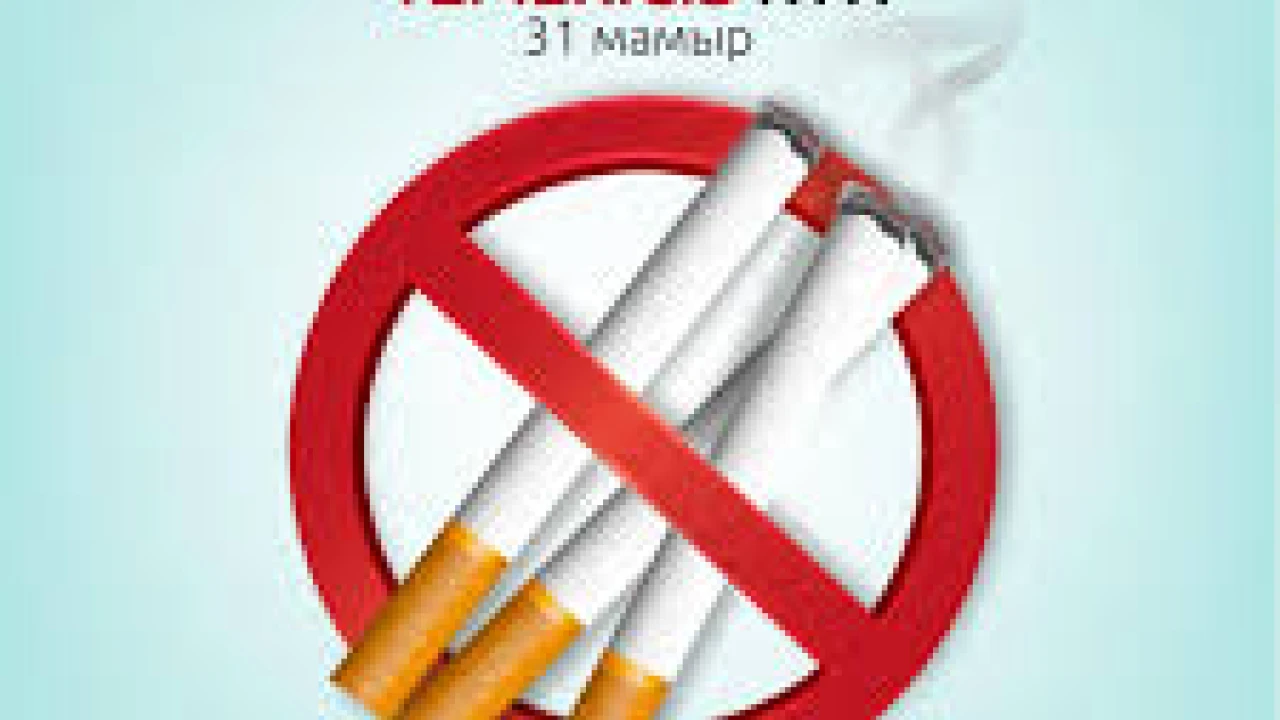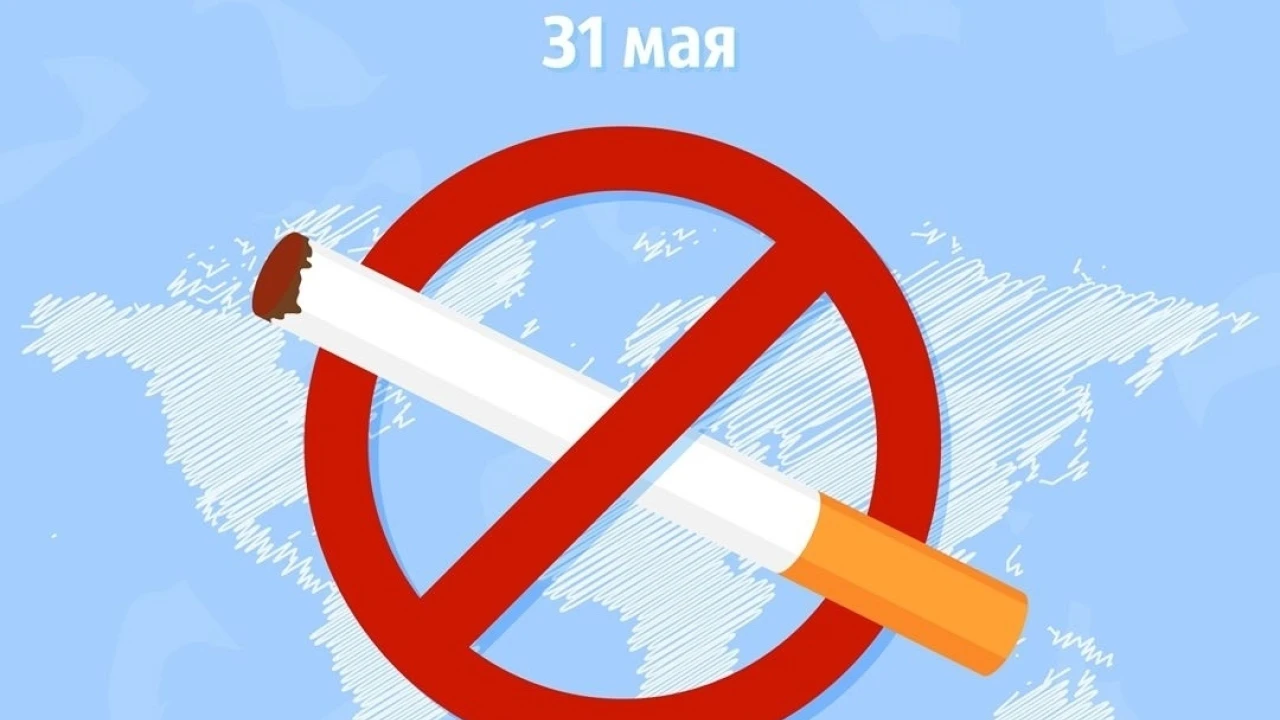

Every year on May 31, WHO and partners mark World No-Tobacco Day, drawing attention to the health risks of tobacco use and to effective policies to reduce tobacco use. This year, WHO is encouraging people to grow food, not tobacco. WHO established World No-Tobacco Day in 1987 in order to draw global attention to the tobacco epidemic and its deadly consequences. Growing tobacco harms our health, the health of agricultural workers and the health of the planet. The tobacco industry is hampering efforts to replace tobacco with other crops, contributing to the global food crisis. The current campaign is designed to persuade governments to eliminate tobacco subsidies and use the money saved to help farmers switch to more sustainable crops that improve food security and human.
Campaign goals
- To encourage governments to eliminate subsidies for tobacco crops and use the savings to implement crop conversion programs to help growers develop new crops, improve food security, and enhance nutrition.
- To raise awareness among tobacco growers about the benefits of switching from tobacco cultivation to stable yielding crops.
- To support efforts to reduce tobacco cultivation to combat desertification and environmental degradation.
- To expose attempts by the tobacco industry to hinder efforts to develop sustainable alternative economic activities.
The main indicator of the campaign's success will be the number of countries whose governments decide to end subsidies for tobacco growing.
According to WHO



